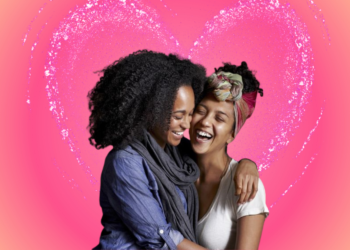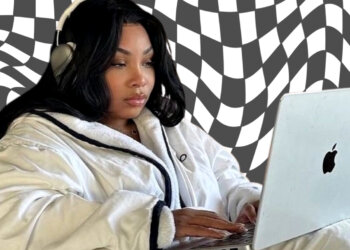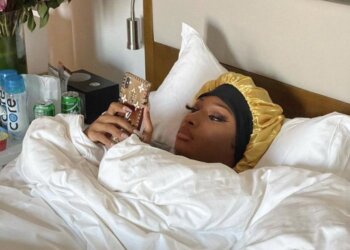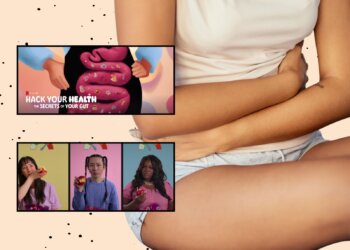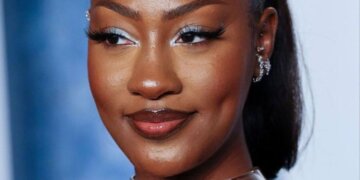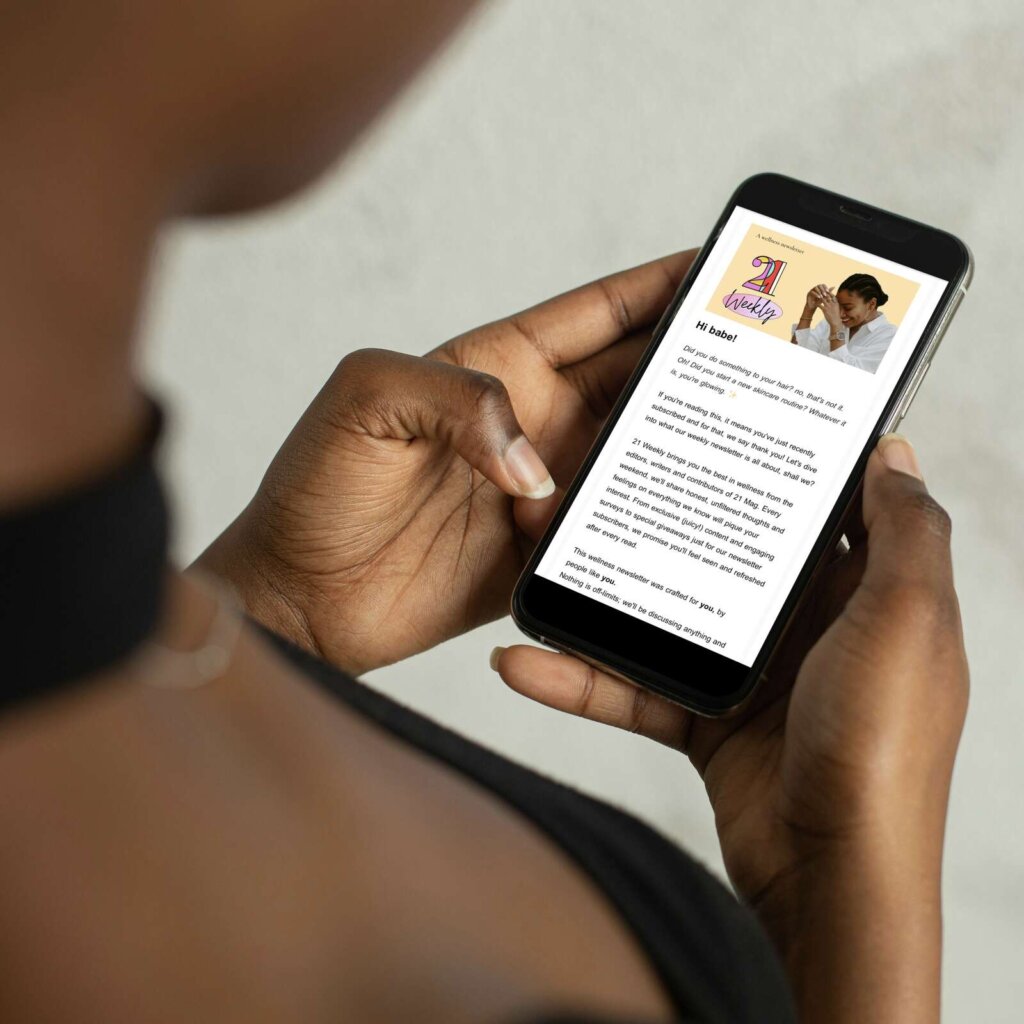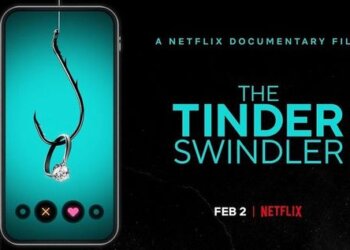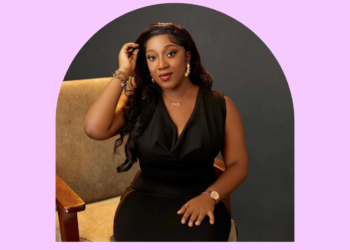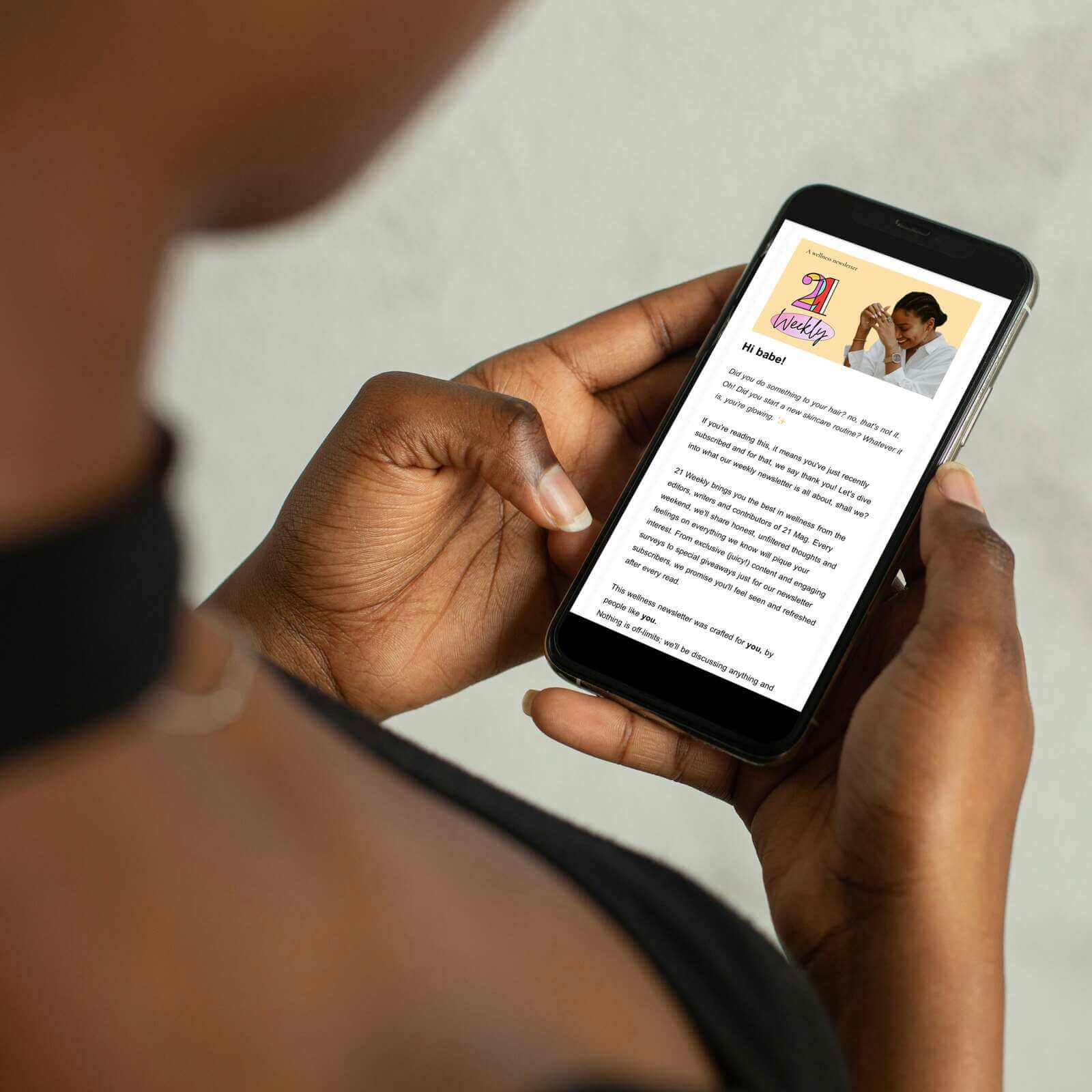No products in the cart.
The Skinfidence Series: Two Nigerian Women On What Its Really Like Living With Albinism
Welcome to The Skinfidence Series! In partnership with Skinscience Africa, our goal is to document the experiences of Nigerian women dealing with self esteem issues caused by acne, vitiligo, bleaching, hyperpigmentation and other skin concerns, because it isn’t irregular. As a woman, it’s natural to experiment with skincare products and sometimes due to usage of too many products or the wrong types of products for your skin type, it leaves you feeling self conscious and insecure. Other times, it simply just has to do with genetics and hormones and isn’t at all self inflicted.
Like we said, it isn’t irregular and our mission is to spread the message that all skin is beautiful, regardless of what skin condition you’re dealing with.
In this article, we’re talking about Albinism and sharing a few of the experiences of those living with this condition. For those who may not know, Albinism is the absence of pigment in the skin, hair and eyes from birth. There are different types of Albinism and it is known to be a hereditary condition. Studies have shown that Albinism affects one in seventeen thousand individuals worldwide. Albinism is not as uncommon as you might think and is certainly no respecter of race or ethnicity, so in order to raise awareness and for the sake of loving the skin you are in regardless of what it may look like or the conditions you may have, we spoke with two women who got honest on what it is really like living with Albinism, and what they want the world to know about living with the condition.
At What Age Did You Realize You Looked Different From The People Around You?
Demi: I would say in primary school was when I realized I looked different, specifically when I was about 10 years old both from a skin and beauty perspective; skin because I would always get sunburnt and hated using sunscreen because they were a lot worse then than they are now and would smell and sting, and I hated the fact that no one else ‘had’ to put it on. Beauty because people would always make disparaging comments about how I looked physically and also because that’s when girls my age started watching beauty channels and getting more into beauty in general, and there was no one for me to identify with to see what ‘beauty’ looked like for me. Moreover a much earlier realization of looking different came from doing my hair. Again in school, the only option was braids and as my hair didn’t match color 27 perfectly, I absolutely hated how different I looked doing those kinds of hairstyles and was frustrated that no one else seemed to have this problem, even when doing braids with other colors.
Roli: I never realized I looked different, at least not on my own. I was literally told by another child at school, I was about 7 or 8 years old at the time. Another child asked me ‘Why do you look like that’ I didn’t know what they meant so someone else spoke up and said ‘She’s an Albino’ and I responded very defensively ‘No I’m not, what does that mean?’ I went home and asked my mum and she then explained my skin condition to me.
Every feature about me that’s ‘not normal’ by societies standards I have only ever ‘noticed’ because I was told. I didn’t realize I had Nystagmus till I was 10 and was asked why my eyes shake. Again very defensively I insisted they didn’t, I spent hours standing in front of a mirror trying to see them shake, then eventually figured out I had to close my eyes and place my fingers on my eyelids to feel it. I only noticed I was cross eyed when I was 14 and a friend very innocently asked if I was self conscious about it. As you can imagine I was rather confused by the question.
In What Ways Has Your Albinism Affected You Socially, Mentally & Emotionally?
Demi: I would say it made me a lot more isolated and equally made me rely on people more because albinism generally also affects your eyesight as you don’t have sufficient melanin in your eyes for them to operate as they should. From a social perspective I would say having albinism has made me extremely anxious in general, but especially in social situations and especially when it comes to meeting new people because you never know how they will receive you. I’m typically a very quiet person by nature so this has been more of a challenge for me personally but I have had issues in the past were people would make comments or exclude me directly because of my albinism. At the end of the day, everyone has their issues so it’s just something that you learn to manage and not allow define you.
Roli: I never left my house much in my very early teens because I was so conscious about it, and when I did go out it was only to places I felt like I knew everyone, that way no one would stare at me. I’d rather not go into too much detail.
In What Ways Does Your Condition Prevent You From Doing Things Others Might Be Able To?
Demi: Due to my condition I am legally blind, meaning I can’t drive and require extra assistance from people in certain areas of life, but I guess growing up in Nigeria helped build resilience because there really isn’t a culture of disability so you just learn how to accommodate in areas you may be weaker in. Funny enough, when I came to school in England, my school referred me to a school for blind children but after visiting, I knew that was never going to be an option for me.
Read: Double Invisibility (Part 1): Navigating Life As A Blind Nigerian Woman
Roli: I can’t really go on vacation because most destinations are sunny. I’m legally blind so I can’t drive. I work in the corporate world and spend a lot of my time looking at a screen which can be overwhelming for someone in my shoes.
Read: Double Invisibility (Part 2): Three Women On Living With Disability And Womanhood In Nigeria
Is There Anyone You’re Related To That Also Lives With Albinism?
Demi: Yes, I have a cousin on my dad’s side who I know of but I’m not really close with her. I also heard that my great grandmother had albinism but I’m not so sure on that. My dad was kicked for having albinism when he was younger because he is extremely light skinned (when not in the sun) and has bright blue eyes, so I guess he was more empathetic when I actually had it.
Roli: No one that I am aware of.

Have You Met Or Are You Friends With Other People Who Have Albinism? Are You Also In Any Groups To Do With Albinism Support?
Demi: I never met anyone with albinism until February 2018 when I was invited by the UN for a conference on albinism. It was so weird actually because I was confronted with suddenly meeting so many people who had the same condition as I did, and I had to confront my own bias about it but it was a really good opportunity for me because it made me realize that I genuinely am my own person and not just a person with albinism as that was pretty much the only thing I had in common with the people that I met. But on the scale of living with albinism, I definitely am very privileged compared to what other people have had to face.
Roli: I’m sure there are albinism support groups but I’ve never attended any. I have met people with Albinism although I do not have any friends with the same condition as me, which is not a deliberate decision, just pure coincidence.
What Is A Message You Would Like The World To Know About Your Experience With Albinism?
Demi: Just be a bit kinder and a lot more patient with people, albinism or not. I would add that the treatment of people with albinism isn’t only bad in Africa, as some people are led to believe. Even in London, people with albinism are killed for witchcraft purposes and I have done a lot of work with a charity here that advocates for people in those situations. I had an incident here (in London) were a random man walked past me on the station platform and was indicating using me for ritual. My message therefore is simple, treat us with dignity and respect as you would every other human being.
Roli: I would like to appeal to people in general to stop staring at people with albinism, especially younger children living with the condition. I know you cannot help it sometimes but we are humans just like you with feelings and emotions running through our veins also.
What Do You Think People Can Do Better To Support People With Albinism?
Demi: Simply being an ally and being patient with those living with Albinism makes all the difference in the world to them. I rely a lot on my friends and family for support in different areas and having people in my life who are ready to help me without thinking twice makes it so much easier.
Roli: I would like to appeal to people in general to stop staring at people with albinism, especially younger children living with the condition. I know you cannot help it sometimes but we are humans just like you with feelings and emotions running through our veins also.
*This article has been edited and condensed for clarity
Skin Science Africa have partnered with the Eye Doctors Nigeria to offer Free eye consultations and glasses for people with Albinism on the 8th and 9th of September. Send an email to timi@skinscienceafrica to book as there are limited slots.

